I've lived in Luxembourg for almost a year. Here are 8 things the European city does better than the US.
Sydney Baker

- When I moved to Luxembourg for graduate school, I thought it did some things better than the US.
- I love that college tuition and health-care necessities are generally cheaper than in the US.
Public transportation I've taken in Luxembourg always gets me where I need to go.
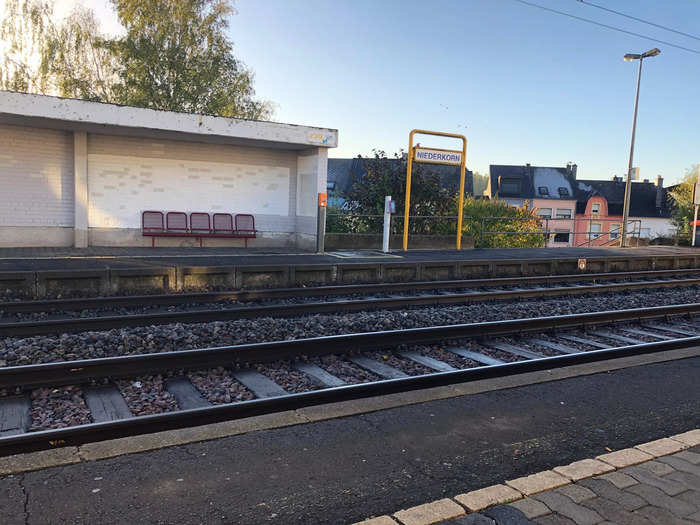
Public transportation might be my favorite perk of Luxembourg living. By the time I flew across the Atlantic, I was so sick of spending a minimum of at least one hour a day in my car.
When I lived in Seattle, I didn't have much access to public transportation that could get me where I needed to go — so, while driving, I only dreamt of a quick bus or train-ride commute during which I could read, write, or listen to a podcast.
Luckily, all forms of Luxembourg's public transport are completely free and are quite extensive. I now read for class, study languages, or just relax on the train on the way to campus. I've also saved money by not driving — and I still would've even if I had to pay for the buses and trains.
Though it's sometimes inconvenient, I don't want to revisit daily rides in private vehicles anytime soon.
My Luxembourgish university offers more affordable tuition than my US college did.
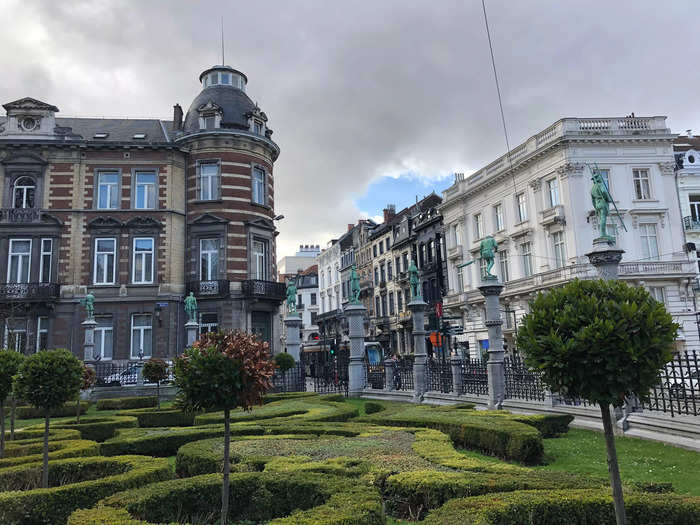
My program in Luxembourg is quite different from what I was used to in the US because it charges both EU citizens and international students like me the same affordable tuition.
When I was studying for my Bachelor's at a Washington university where I qualified for resident tuition, I paid about $3,500 per term. In Luxembourg, students in my program pay 200 Euros a semester, which is equivalent to $201.
My health-care plan in Luxembourg is much more affordable than it was in the US.

I paid roughly $300 a semester for access to Luxembourg's health system. I'm reimbursed at least 80% for most health-related things and I'm not going to break the bank with what I pay out of pocket.
Plus, in general, residents in Luxembourg have access to what is known as one of the best state-funded health-care systems in Europe, with free emergency-care services.
Back in Washington state, I paid around $250 to $300 for health coverage each month. Given that most US plans are dependent on your employer and can be more expensive (and, in my experience, barely cover doctor visits or medical emergencies), $300 health-care coverage for a semester in Luxembourg felt like a steal.
The work-life balance in Luxembourg is better than what I experienced in the US.
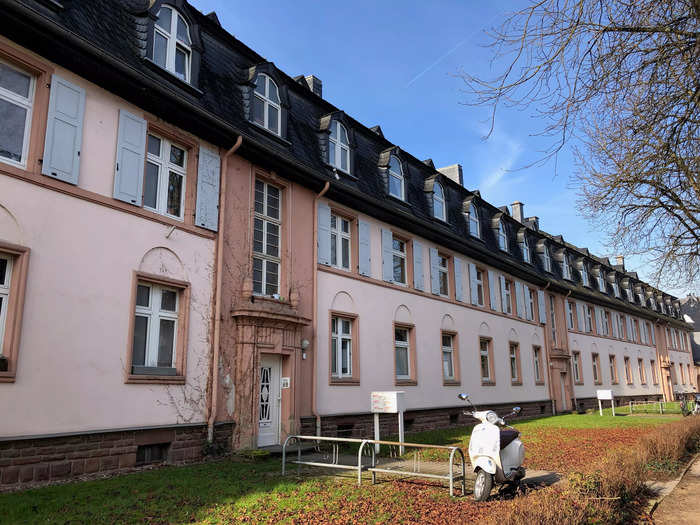
A normal lunch in Luxembourg is about an hour and from what I've seen at my part-time job, everyone actually takes their break. In the US, the best-case scenario at my jobs meant I got 30 minutes to scarf down a meal and attempt to relax.
It's not unheard of for the Luxembourgish to skip a break or eat in front of their computer on a busy day, but it's not normalized.
It's also mandated that EU employers allow for paid holiday time, and many employees take at least 20 days off. By comparison, the US doesn't have federally mandated sick leave or vacation time, and not taking time off seems to be a point of pride.
I've had pastries that can't compare to those in the US.
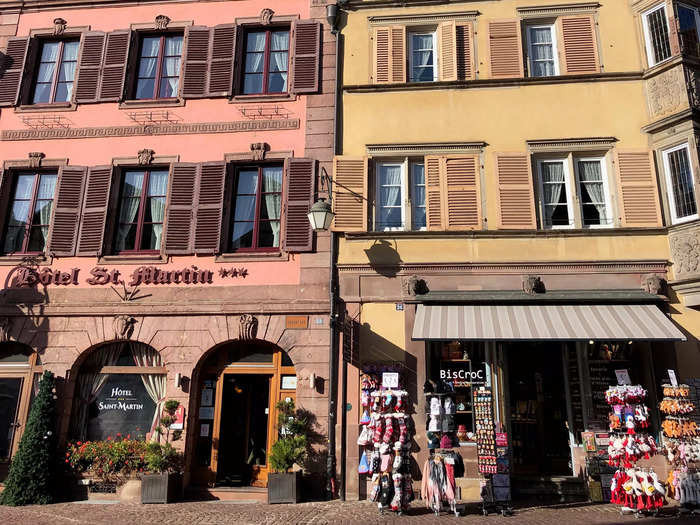
I know there are delicious baked goods in the US, but the quality is everything in Luxembourg and the rest of Europe.
Each country has its own specialty and you'll need to be careful, as a sweet treat is very difficult to refuse when you pass multiple boulangeries (a French-style bakery that mainly produces bread) en route to work or class.
In my opinion, nowhere beats Europe when it comes to castles and architecture.
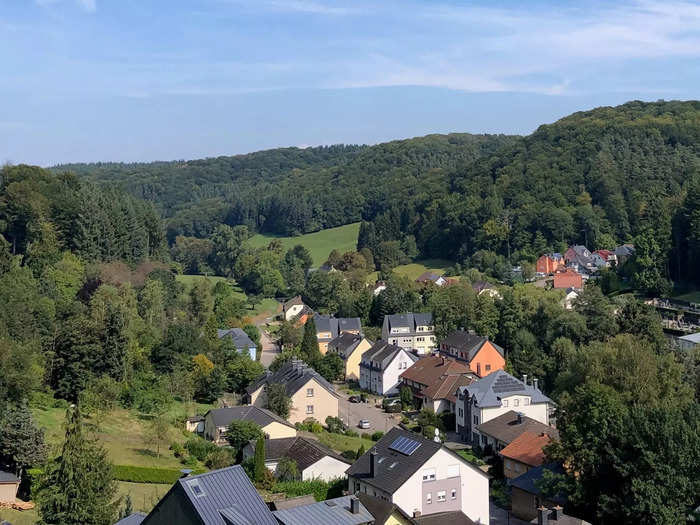
North America's Québec and New England have somewhat "European" vibes, but we don't have many castles at all.
Luxembourg's "Valley of Castles" encompasses an entire valley with seven fairy-tale castles. Considering I live in one of the smallest European countries, other places' architecture is on a whole different level.
Germany's Neuschwanstein Castle is referred to as "the Disney castle" for its fairy-tale design, Romania's Bran Castle is known as Dracula's Castle, and France's Château de Chantilly serves as a beautiful representation of Renaissance architecture.
Even non-Rapunzel-esque buildings are beautiful stone and brick, likely from centuries ago. Whether you're into Gothic, Victorian, or Classical styles, Europe has some of the best in the world.
I feel safer in Luxembourg than in the US.
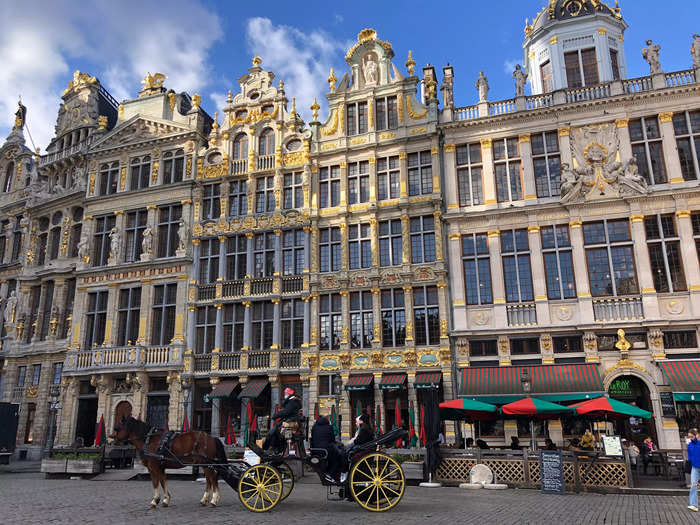
Luxembourg is known as one of the safest countries in Europe and in 2019, its capital city was named the safest in the world. Most crimes involve petty theft, like pickpockets or scams.
In larger nearby cities like Paris, Brussels, and Berlin, I'm reassured by the fact that firearm ownership is nowhere near that of the US. Although I usually feel safe, I've unfortunately still encountered the racism and nationalism that are also present in North America.
Either way, I try to be careful when I'm out alone no matter where in the world I may be.
In Luxembourg, it feels normal to take your time with studies and life.
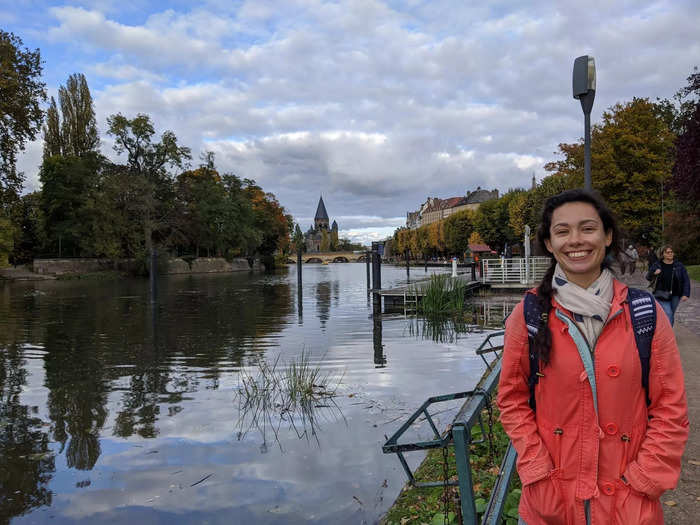
I often joke that impatience is my "toxic American trait" and though I think that's sometimes warranted, I also appreciate Luxembourg's slower pace of life.
I like how it's normal to linger at cafes and take your time relaxing or catching up with friends. Social safety nets allow young people to take time for studies, internships, and early careers.
Here, it doesn't feel like there is so much pressure to climb the career ladder in your early 20s and settle down with a first house by 30 and then have kids. Though it exists, it doesn't feel as apparent as it is in the US.
Though I miss US customer-service standards and other aspects of home, I really love living in Europe.
Popular Right Now
Popular Keywords
Advertisement